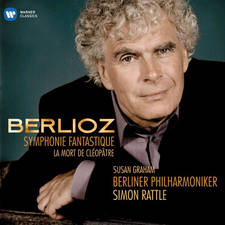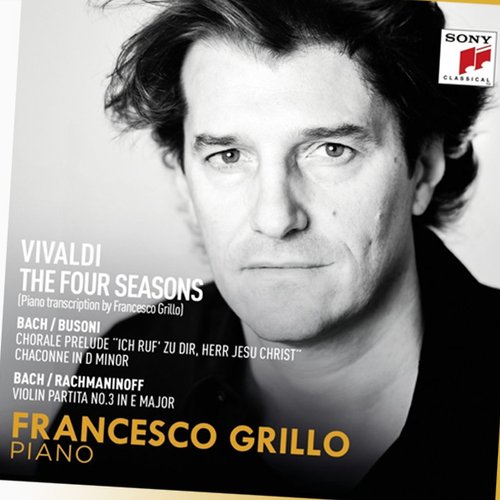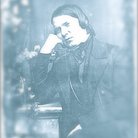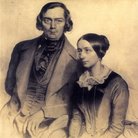Steven Isserlis on Schumann
Cellist Steven Isserlis considers Schumann’s staggering achievements and his final, tragic flight of fancy.
Like so many music lovers, I am smitten, both by the music and by Schumann the man. As a person he was inward looking, gentle and touchingly generous. As a composer, he was uniquely autobiographical; the more one knows the music, the more one feels that he is confiding to us his deepest secrets. His soaring imagination takes us to visionary worlds undreamt of by any other composer. Schumann’s music is ageless, futuristic – and paradoxically, steeped in history.
And yet Schumann was a Classicist, and a pre-Classicist: strongly influenced by his friend Mendelssohn, by Beethoven and Schubert, he also studied and conducted the works of Bach and of Bach’s predecessors, such as Palestrina. His music knows no rules, no limits – but he is never self-indulgently experimental; his ever-changing forms are perfect. The variety of his achievements rivals that of any composer. He excelled in wild piano pieces, austere church music, classically- influenced symphonic and chamber music and heart-breakingly beautiful songs.
I have a special love for his E flat Piano Variations, composed during the very last days before he was taken to the asylum to live out his final tragic years. Schumann believed that the theme of the variations had been dictated to him in a dream by the spirits of Schubert and Mendelssohn. (In fact, it was a theme of his own that he’d used twice before.) The story behind the variations is tragic, but the music is radiant. It is his gentle, infinitely beautiful farewell to life.









